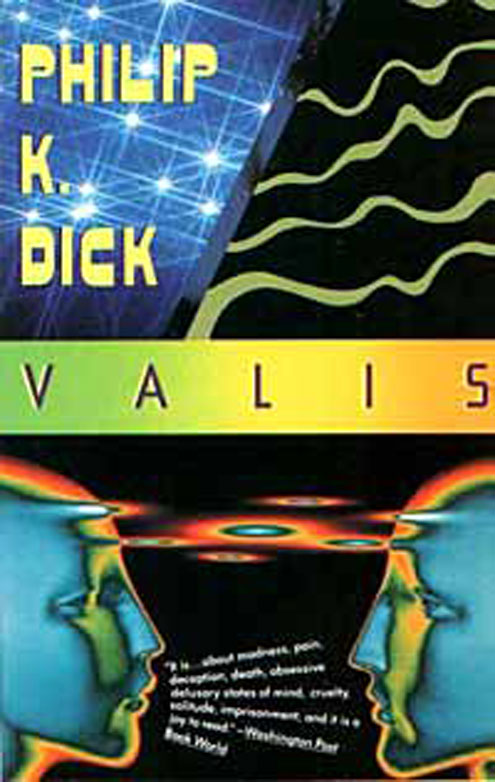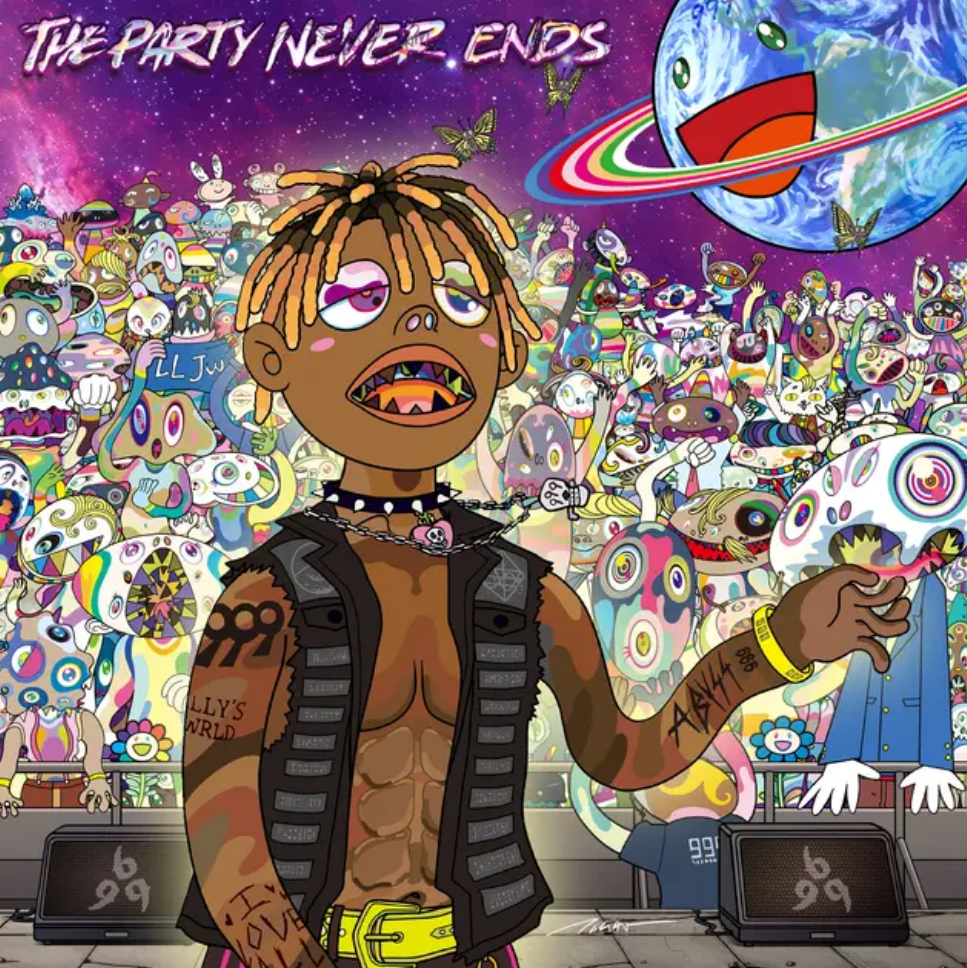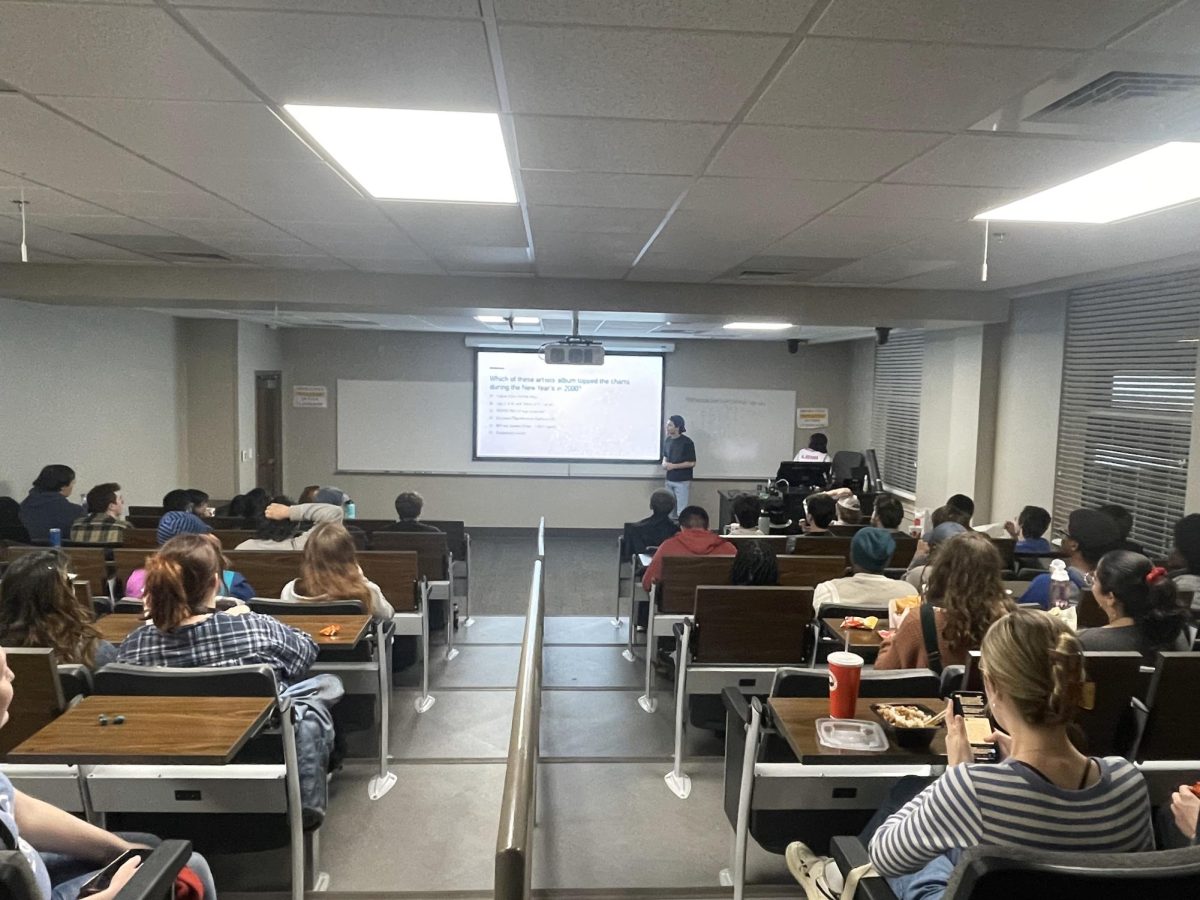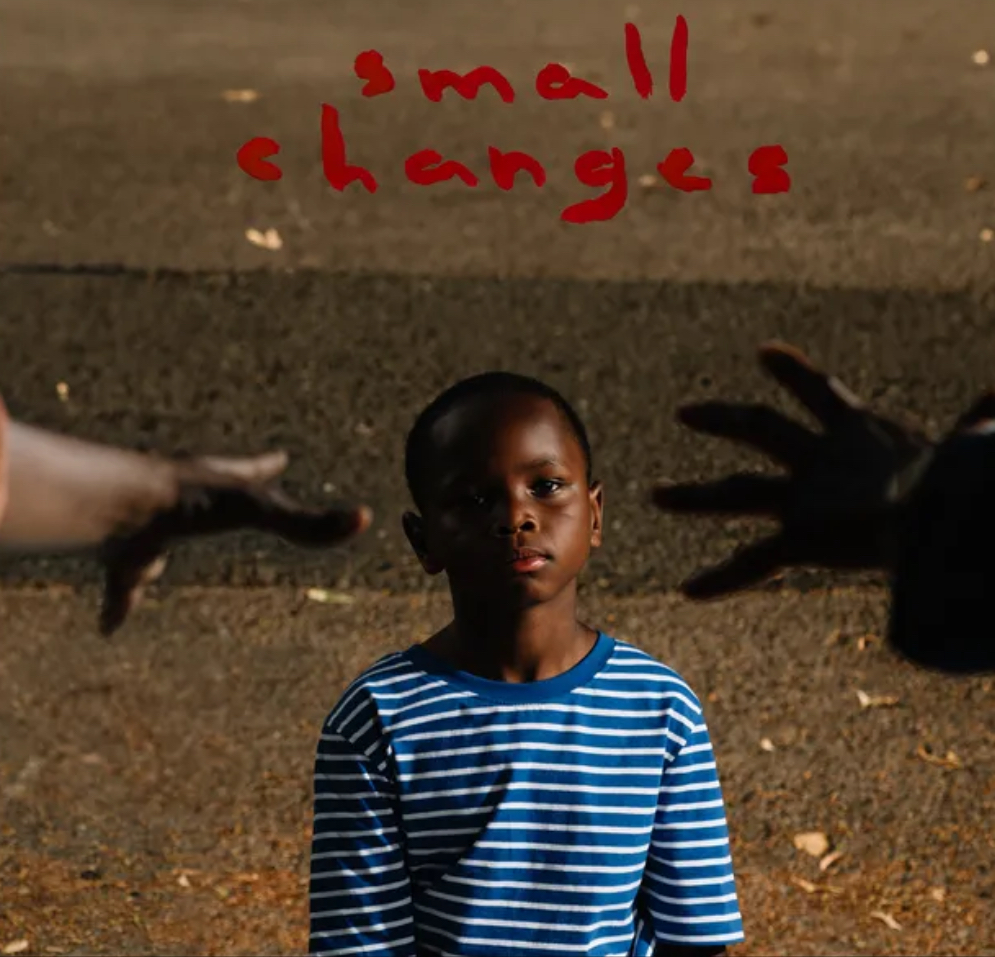 As a survivor of Catholic school – 13 years of it, no less – I recognized the Ash Wednesday crosses on the foreheads of students last week. Add to that the stream of Facebook statuses about what people are giving up for the next forty days, and it has become clear that Lent is in full swing.
As a survivor of Catholic school – 13 years of it, no less – I recognized the Ash Wednesday crosses on the foreheads of students last week. Add to that the stream of Facebook statuses about what people are giving up for the next forty days, and it has become clear that Lent is in full swing.
But there’s always that awkward question: What’s a non-believer to do? For the sake of the UA non-religious, I’ve compiled a list of devotional reading for this year’s shriving season: my top three classic irreligious science-fiction novels for Easter, or Eostre, 2012.
1. “VALIS,” by Philip K. Dick
This one’s hard not to see coming. Not only is it a prominent piece on Benjamin Linus’ bookshelf on LOST, “VALIS” is classic 1980s Philip K. Dick: incoherent, barely-intelligible, highly theological and just plain weird. As one reviewer wrote, the novel is “science fiction only for lack of a better category.”
Essentially, it’s a book about a quest for God, which seems fairly accessible until you realize that part of the novel is a treatise on Gnostic Christianity, imparted to PKD’s hero Horselover Fat by God in the form of a pink laser. Needless to say, the author is hardly orthodox.
2. “The Three Stigmata of Palmer Eldritch,” by (surprise!) Philip K. Dick
“Palmer Edritch” is classic 1960s PKD: visionary, genius and a masterpiece of science fiction. The plot involves Martian colonists (not led by a future President Gingrich, quite unfortunately) and literally shiploads of hallucinogenic drugs, marketed under the slogan: “God promises eternal life. We can deliver it.” But there’s a hitch: Eternity might not be so idyllic as imagined, and Palmer Eldritch isn’t the most benevolent of gods.
3. “Dune,” by Frank Herbert
I’ll always have a special fondness in my heart for sandworms and female Jesuits of the future – the first high school research paper I ever wrote, after all, was a pseudo-biography of Frank Herbert. Not to mention that he was a world builder par excellence who mastered above any other single science fiction author the craft of really, really elaborate backstory.
“Dune” and its five sequels follow a young man, Paul Atreides, in his journey to become Paul Maud’Dib, messiah of the nomadic people of the planet Arrakis. The series also features mind-bogglingly complex political strategizing, far-future commodity economics, drug-induced prescience and a couple (hundred) clones.
Honorable Mention: “Nightfall,” by Isaac Asimov
Somewhere on the books, there has to be a law that no science fiction reading list of any kind can go to print without including something by the superhumanly prolific Isaac Asimov. His 1941 short “Nightfall” has a sort of legendary quality about it – and rightly so – but the novelization’s pretty damn good too (even if it was co-written with Robert Silverberg).
Asimov takes us to the planet Kalgash, where for more than 2,000 years some arrangement of its six suns has made a seemingly eternal day. But twilight (no, not that Twilight, thank goodness) is coming – along with a religious cult that believes, among other things, that the mysterious “stars” will steal people’s souls. Naturally, as in all good apocalyptic fiction, chaos ensues.
Here’s wishing everyone a very happy, far less dystopian spring!









